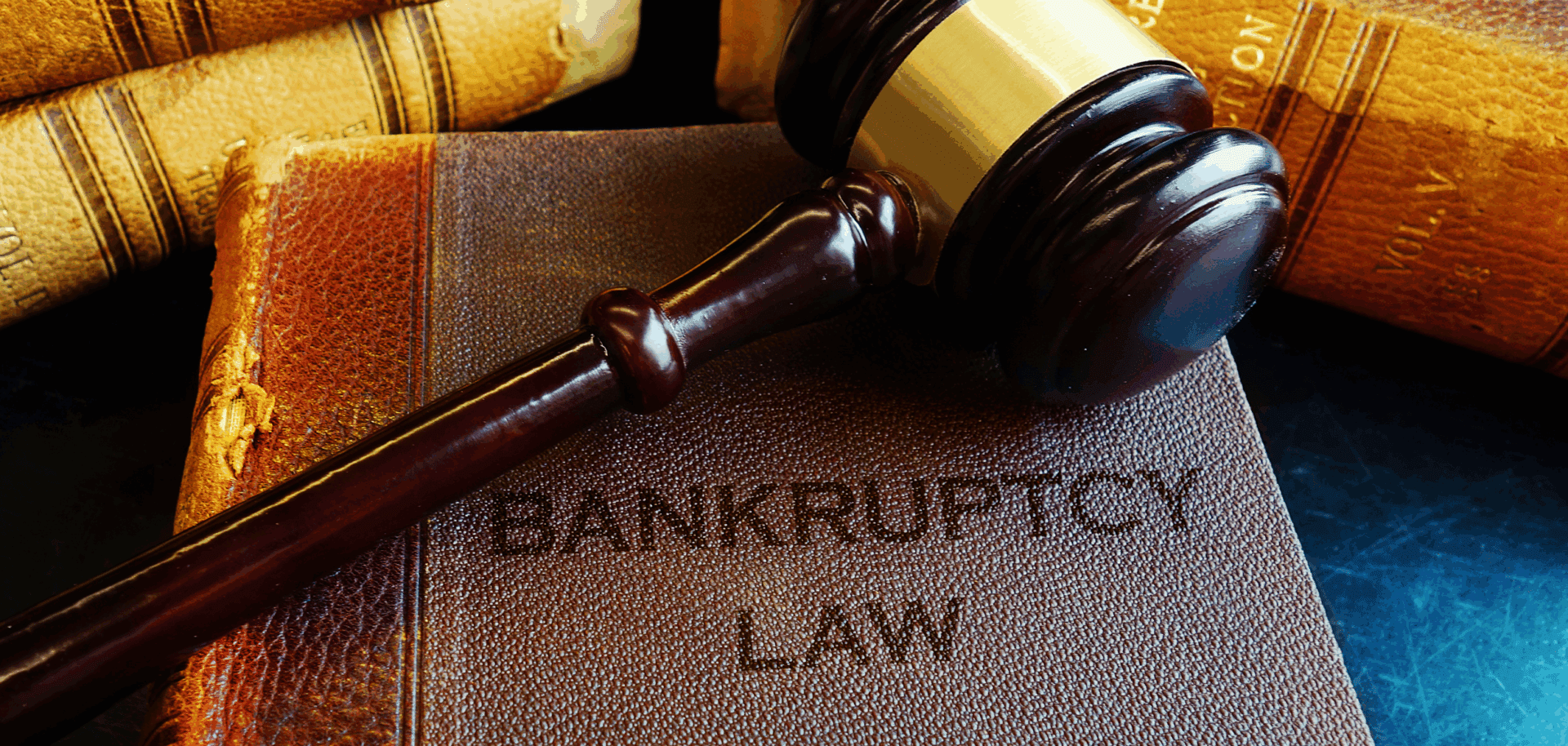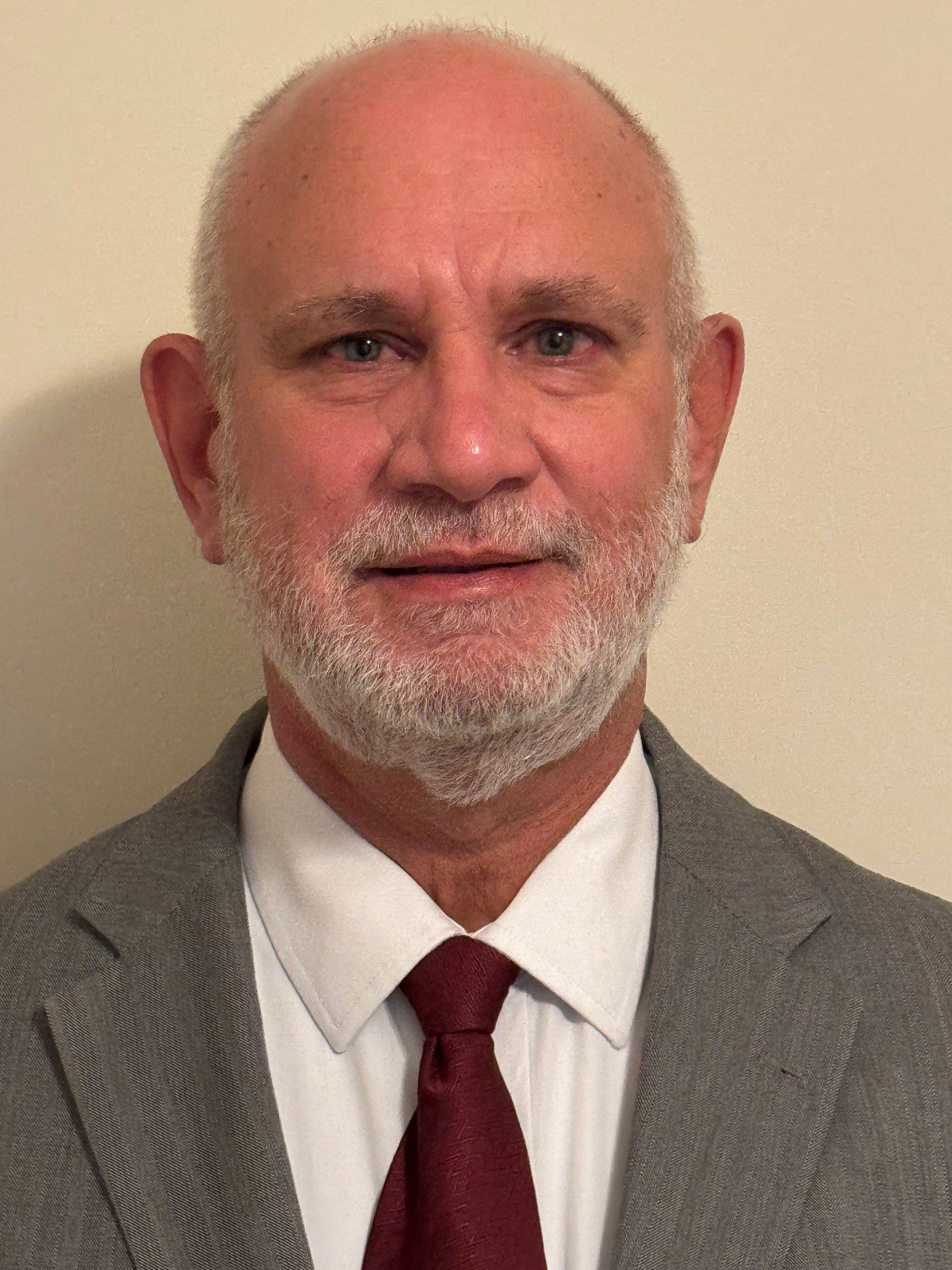Bankruptcy Attorney in Pickerington & Lancaster
Through 15+ Years and 1,500+ Cases of Chapter 7 & 13 Bankruptcy Debt Relief, We Secure Your Fresh Start

Get Debt Relief Protection Under Federal Bankruptcy Law

David A. Bhaerman
Bankruptcy Attorney
I've been practicing bankruptcy law for 20 years and filed some 2000 Chapter 7 and Chapter 13 bankruptcy cases for individuals, families and small businesses. You can count on my experience to guide your case through the U.S. Bankruptcy Court system and get you back on the road to financial recovery.
Bankruptcy Solutions

Chapter 7 Bankruptcy
We can help you file Chapter 7 bankruptcy and get a fresh start.

Chapter 13 Bankruptcy
Repay your debt over time with a Chapter 13 Bankruptcy.

Small Business Bankruptcy
We have extensive experience representing small business in Bankruptcy cases.
Chapter 7 Bankruptcy
The type of bankruptcy most often associated with a "fresh start," or Chapter 7 bankruptcy, allows debtors to wipe out certain debts (like credit card balances, personal loans, and medical bills) without paying into a monthly repayment plan. The debtor must agree to allow the individual responsible for overseeing the case (the bankruptcy trustee) to sell certain, "nonexempt" property.
One job of the trustee is to distribute those funds to the creditors based on a priority ranking system. Typically, a debtor doesn't have to relinquish any assets; you will be allowed to keep things that are necessary to continue work and maintaining a home, such as household furnishings, clothing, and some equity in your house and a vehicle. In many cases, Chapter 7 filers can keep all of their property. Each state, including Ohio, determines what property its residents can keep.
Chapter 13 Bankruptcy
Chapter 13 bankruptcy is meant for people who have regular income or wish to protect property from being foreclosed or repossessed. With this type of bankruptcy, debtors must establish a repayment plan through the bankruptcy trustee and approved by the court. Typically, the debtor’s disposable income (money left over after reasonable living expenses are paid) is used to pay into a three- to five-year repayment plan. The length of plan is determined by the debtor’s income and amount of debt.
Frequently Asked Questions

Book a Free Consultation
Contact David Bhaerman for a free consultation. Call (614) 834-7110 or book an appointment online.
